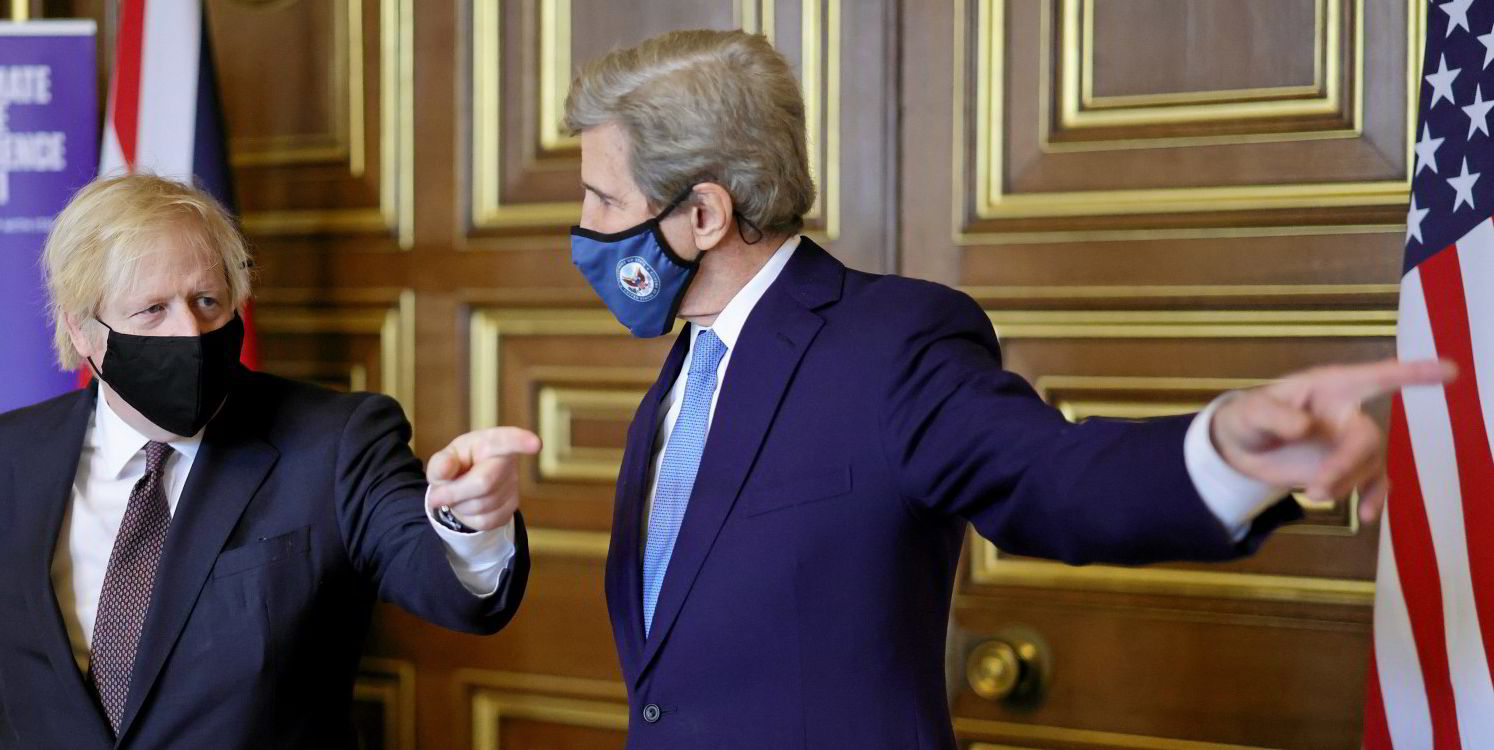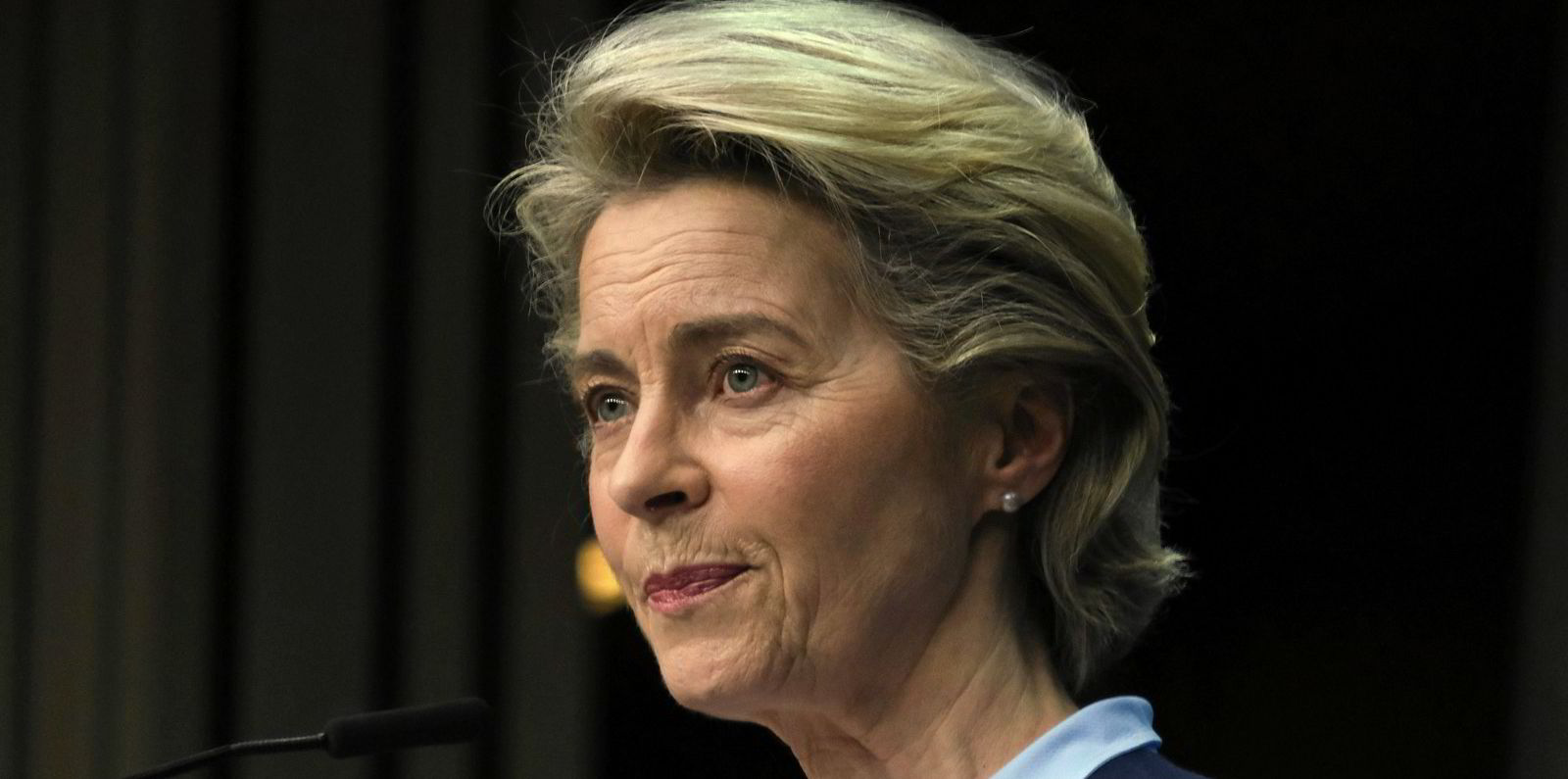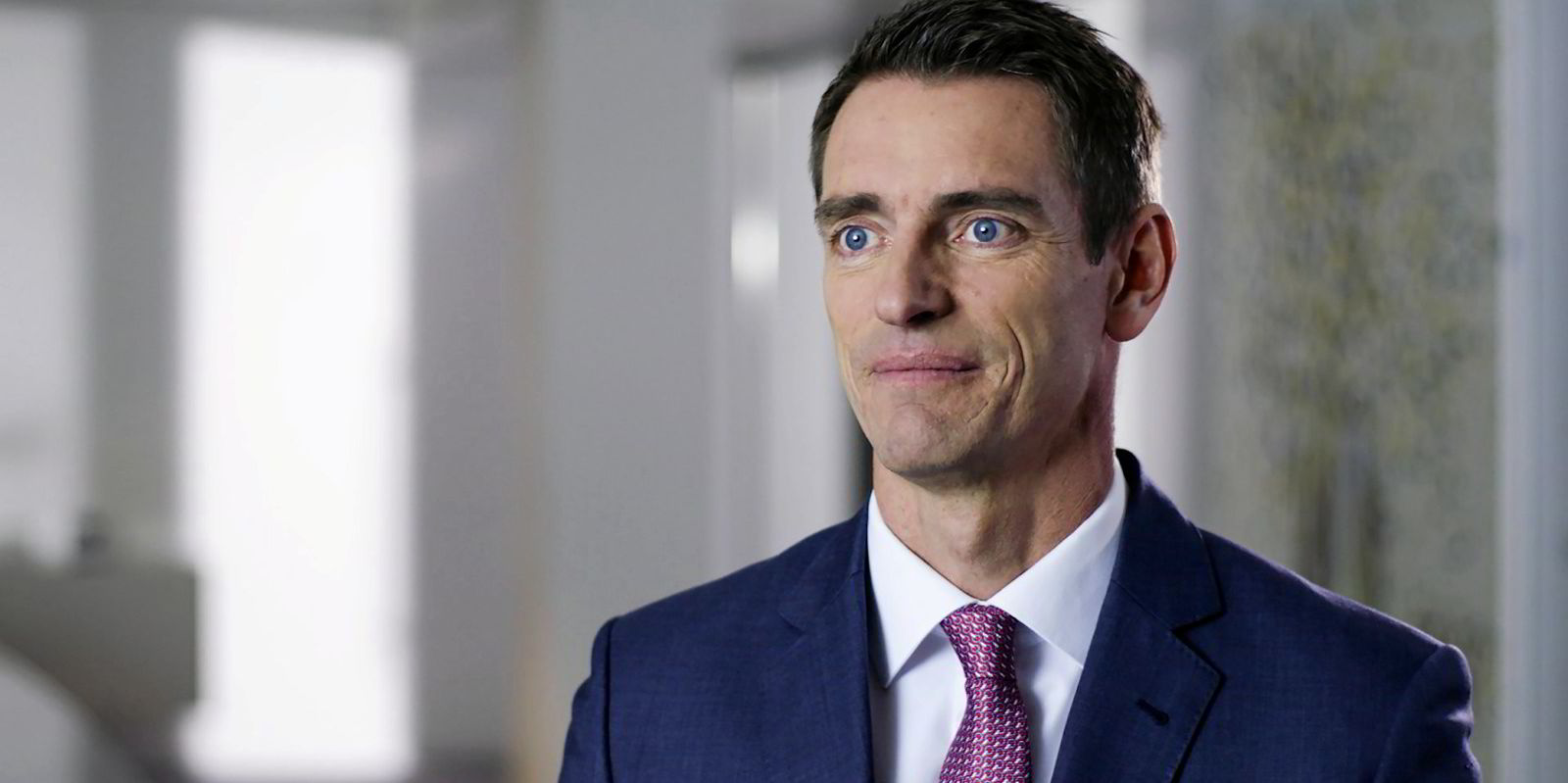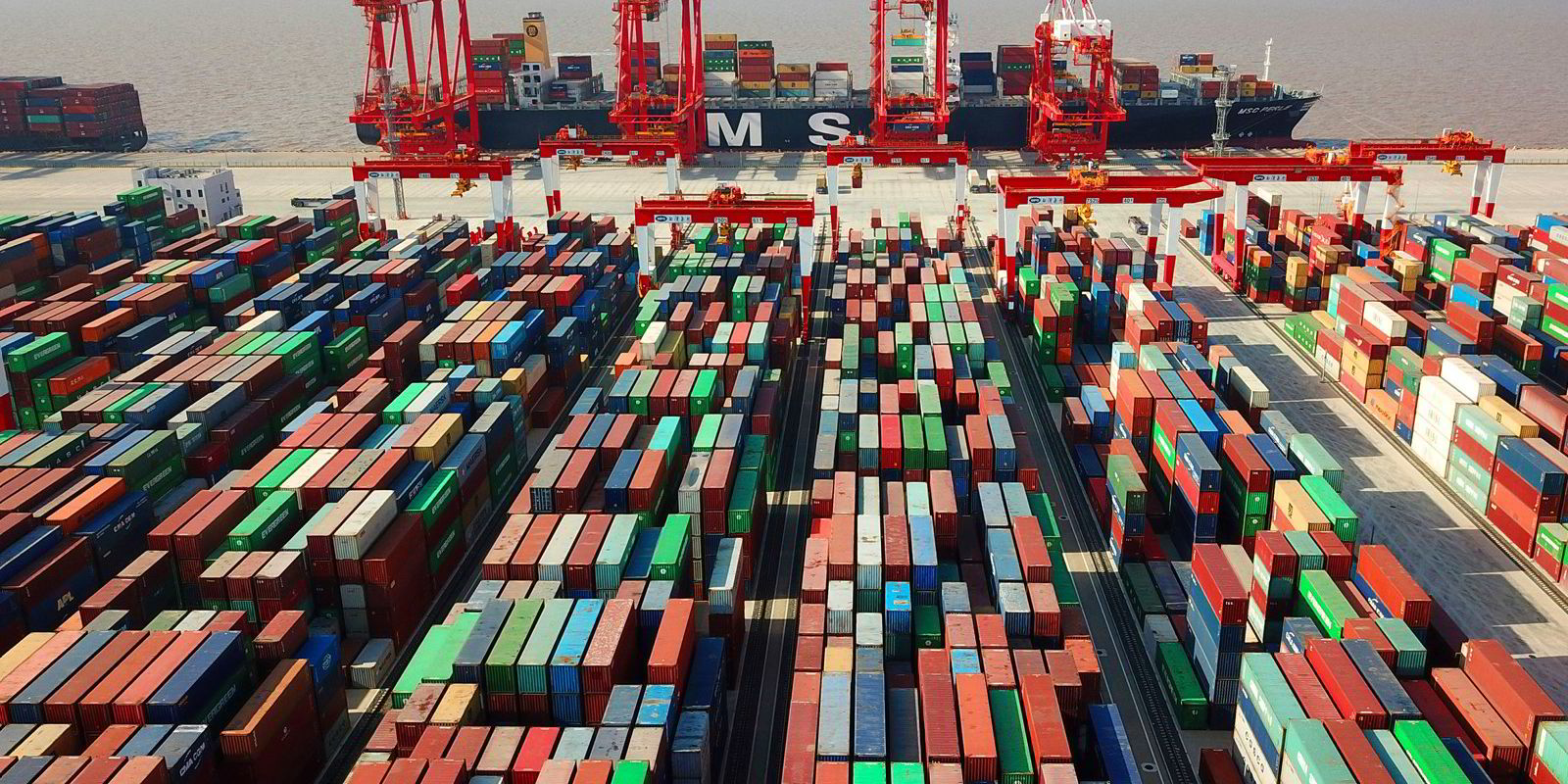Government promises to cut carbon emissions to tackle the climate crisis are coming thick and fast.
Shipping can be in no doubt that the time for prevarication is over and concrete steps must be taken to “go green” — or face financial and reputational consequences.
The world of carbon credits and offsetting may offer short-term relief, but with rising concerns about the efficacy of that model, new ship fuels must be the ultimate answer.
No one underestimates the scale of rewiring the world fleet, but pressing ahead with investment in engines driven by hydrogen and ammonia — whether “blue” or “green” — must be at least part of the solution.
The Leaders Summit on Climate this week represents another landmark moment as new US President Joe Biden invited 40 world leaders together to hammer out common ground.
Show of support
The Washington U-turn from climate sceptic under Donald Trump to climate leader under Biden has created a new urgency and impetus.
John Kerry, the US president’s special envoy for climate, this week pledged American support for the International Maritime Organization’s vital — but so far stuttering — decarbonisation drive.
Major US influence and support is much needed after the disinterest in the IMO shown by Trump’s White House.
Another important step in the past week was Kerry striking a climate cooperation deal with trade war opponent China — even though the China is still building scores of coal-fired power stations.
Equitable justice dictates, in my book, that those countries that have benefited most from burning fossil fuels in the past — the UK and US, among others — must make the deepest cuts first.
And Britain, host of the global COP26 climate talks, scheduled for November, has unveiled its own tougher carbon reduction goals.
It claims it will cut CO2 emissions by 78% by 2035 — an increase from a previous target of 68% by 2030.
The latest Clarksons data on bulkers with clean fuel driving their main engines puts the figure at 0.1% of current ships
Boris Johnson’s government has also said for the first time that shipping and aviation will be included in this target, although the details of how that will affect industry remain unclear.
The International Energy Agency has fuelled the fire of urgency by revealing that energy-related carbon emissions are on track to surge by 1.5bn tonnes to to 33bn tonnes in 2021, the second-largest increase in history.
No one denies that the price of action is heavy for the world fleet. Martin Stopford, the non-executive president of Clarksons Research, has assessed the cost of “going green” to be $3.4trn.
That is the rough figure needed over the next 30 years to meet the IMO’s current goal of halving shipping’s CO2 output by the middle of the century. Stopford believes more than $500bn will be needed for dry bulk vessels alone.
The latest Clarksons data on bulkers with clean fuel driving their main engines puts the figure at 0.1% of current ships in that segment.
That is some mountain to climb for a sector that represents in dwt terms 43% of the entire world fleet.
The LNG lobby isn’t happy
Good news has begun to trickle in: at least 13 bulkers are being constructed with the capability of running on LNG.
There are other flickers of progress, such as the decision by Singapore’s Eastern Pacific Shipping to retrofit part of its fleet to run on methanol or ammonia.
German engine builder MAN Energy Solutions says it should be able to help convert ships to methanol during a regular two week dry-docking.
While these moves go on, the World Bank has released reports on the future of shipping fuels.
It champions potentially zero-carbon fuels such as ammonia against biofuels and LNG.
Unsurprisingly, this has gone down badly with SEA-LNG, a lobby group that claims Shell, Total and Carnival Corp as supporters.
“By focusing on theoretical, unproven solutions, the World Bank stifles innovation in technologies that can also provide answers in the decades ahead,” SEA-LNG said.
There is no easy solution here for the maritime world. Lots of money is at stake, but there is no going back. As Kerry said: the world faces “catastrophic” global warming unless leaders do more to tackle the problem.






